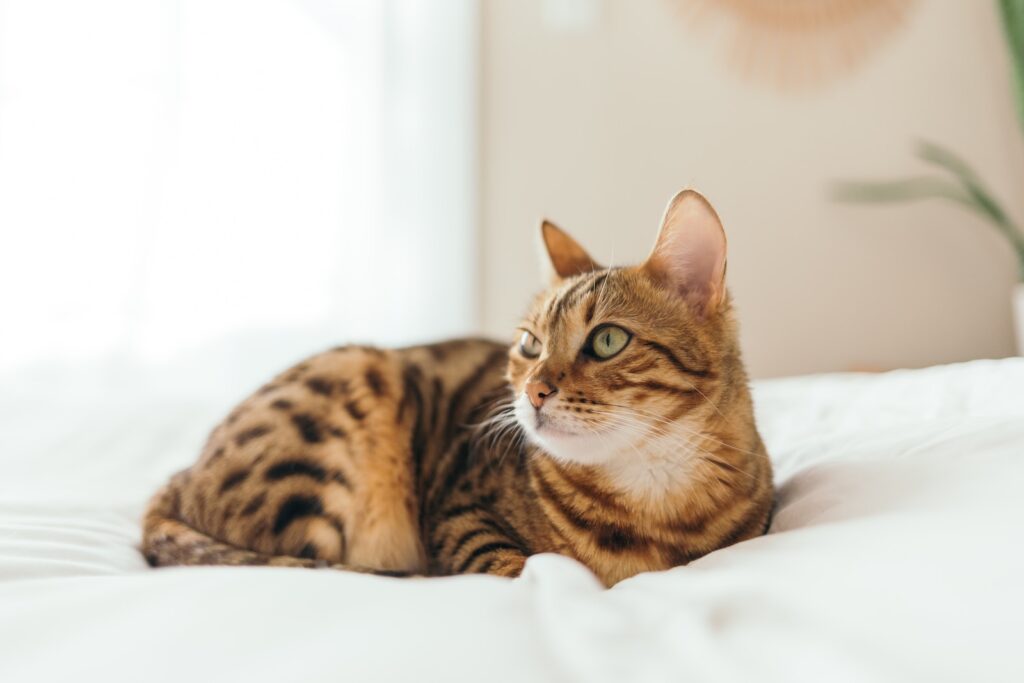Can Cats Eat Raisins? — No, They Can’t
Raisins are a tasty and popular snack among humans, but can our feline friends indulge in this dried fruit as well? Unfortunately, the answer is a resounding no. Cats should not consume raisins, as they can pose serious risks to their health.
Is It Safe for Kittens to Consume Raisins?
Kittens should also steer clear of raisins. Just like adult cats, raisins are unsuitable for their fragile digestive systems and can cause various health issues.
Risks Associated with Feeding Raisins to Kittens
Feeding raisins to kittens can lead to severe complications. These sweet treats can cause digestive upset, including diarrhea and abdominal pain, in young felines. Additionally, raisins contain compounds that can be toxic to kittens, potentially leading to kidney damage.
Why Raisins are Not Recommended for Cats
Dangerous Chemicals
Raisins contain certain chemicals, such as tannins, that are toxic to cats. These compounds can cause damage to various organs, including the kidneys. Even a small amount of raisin ingestion can lead to serious consequences for our feline companions.
Potential Choking Hazard
Raisins are small and round, making them a potential choking hazard for cats. Accidentally swallowing a raisin whole can lead to choking or obstruction of the cat’s airway or digestive tract.
Gastrointestinal Issues
Cats are obligate carnivores, which means their digestive systems are designed to process meat. Raisins, as a plant-based food, can be difficult for cats to digest properly. Consumption of raisins may result in gastrointestinal upset, including vomiting, diarrhea, or even more serious complications.
Known Health Issues in Cats from Consuming Raisins
If a cat consumes raisins, it can lead to severe health problems, especially concerning their kidneys. Raisins contain substances that are toxic to cats, specifically damaging the kidneys and potentially leading to irreversible kidney failure. It’s crucial to keep raisins and any foods containing raisins away from our feline companions.
What to Do If a Cat Has Consumed Raisins?
- Seek Immediate Veterinary Attention: If you suspect that your cat has ingested raisins, take them to a veterinarian immediately. Quick action is vital to prevent any potential kidney damage or other complications.
- Provide Supportive Care: The veterinarian may recommend treatments such as inducing vomiting or administering activated charcoal to mitigate the absorption of the raisins’ harmful compounds. They may also provide intravenous fluids to support kidney function.
- Monitor for Symptoms: Keep a close eye on your cat for any signs of distress, such as increased thirst, decreased appetite, lethargy, or changes in urination habits. Contact your veterinarian immediately if you notice any concerning symptoms.
Safe Alternatives to Raisins for Cats
If you’re looking for alternative treats for your feline friend, there are plenty of safe options to consider. Some cat-friendly treats include cooked lean meats like chicken or turkey, freeze-dried meat treats, or specifically formulated cat treats available in pet stores. Always consult with your veterinarian to ensure the treats you choose are suitable for your cat’s dietary needs.
Conclusion
Raisins may be a tempting snack for humans, but they should never be given to cats. The presence of harmful chemicals and the potential for kidney damage make raisins a dangerous food choice for our feline companions. It’s crucial to prioritize our cats’ health and safety by avoiding any foods that could harm them. Stick to cat-friendly treats and consult with your veterinarian for any dietary concerns or questions.






